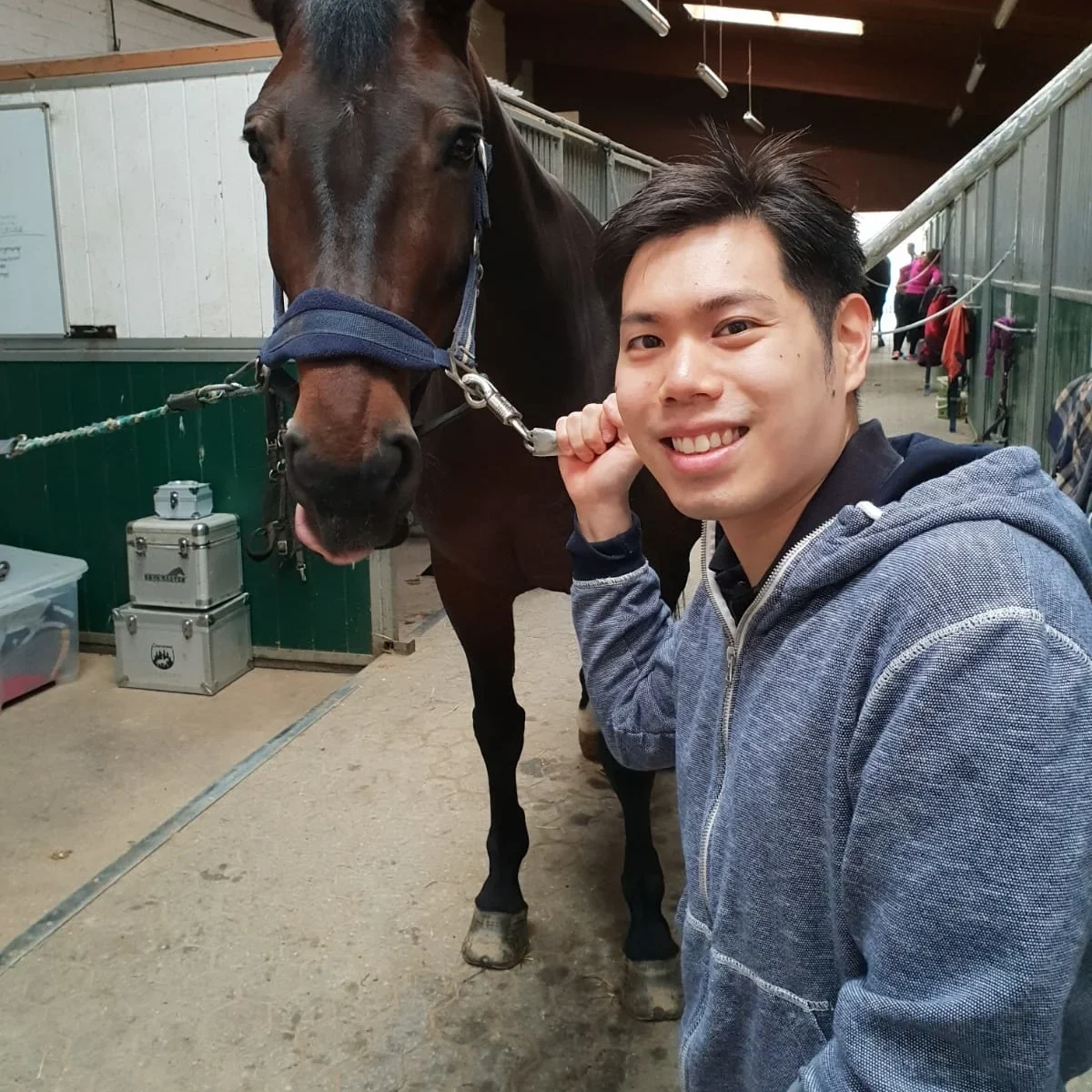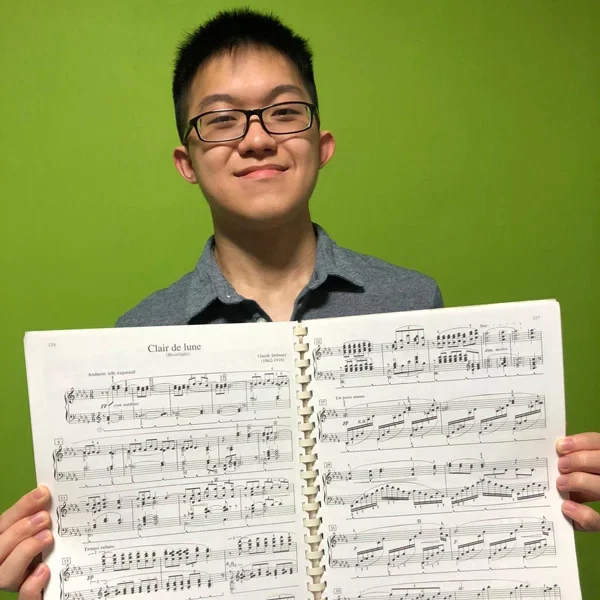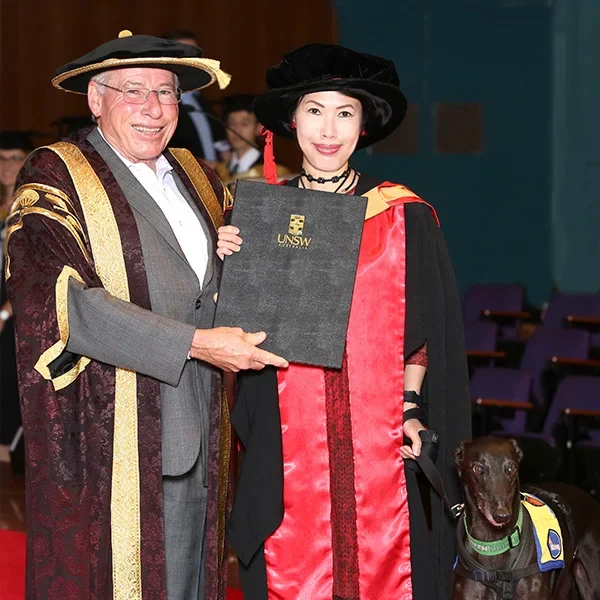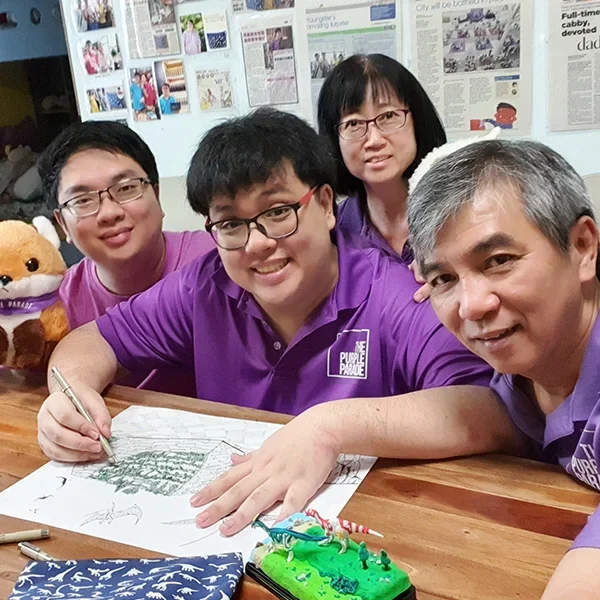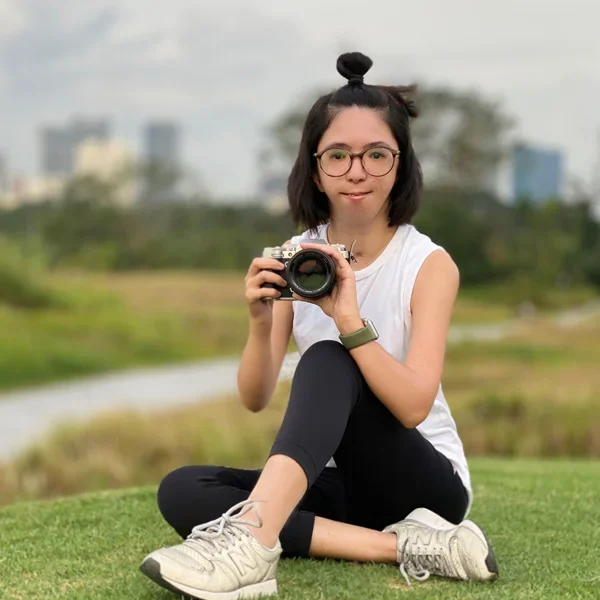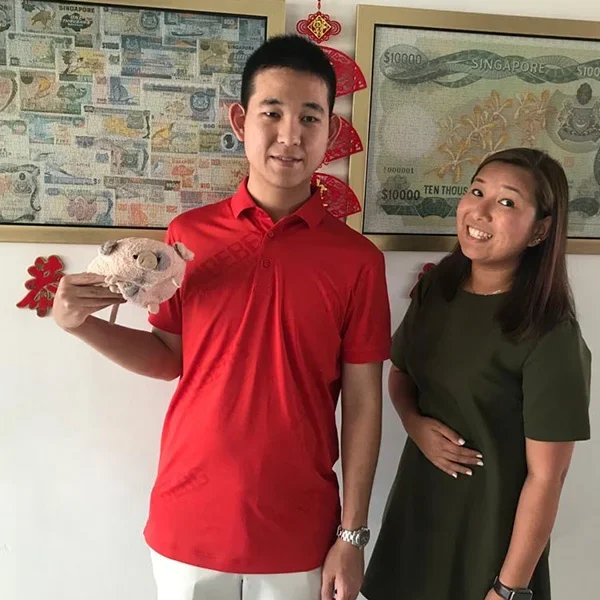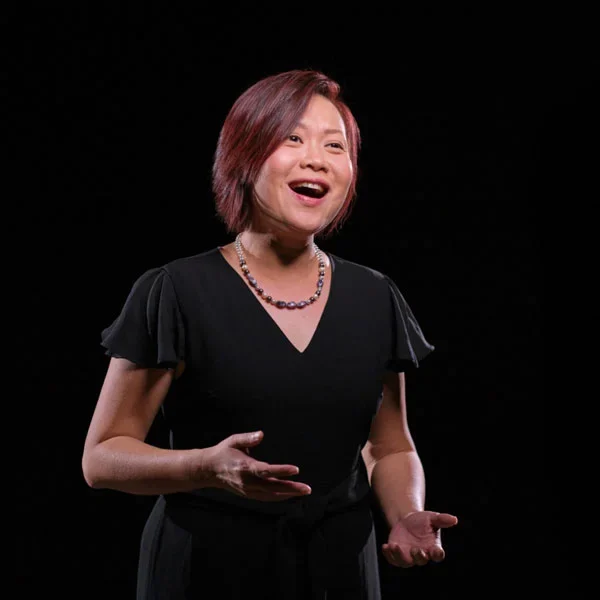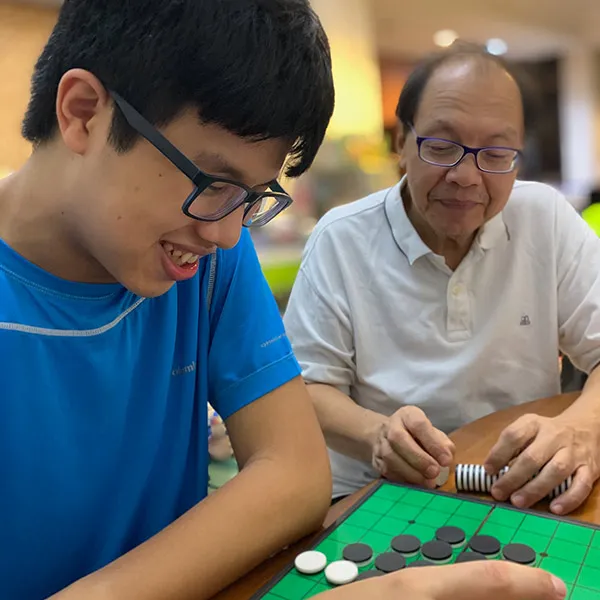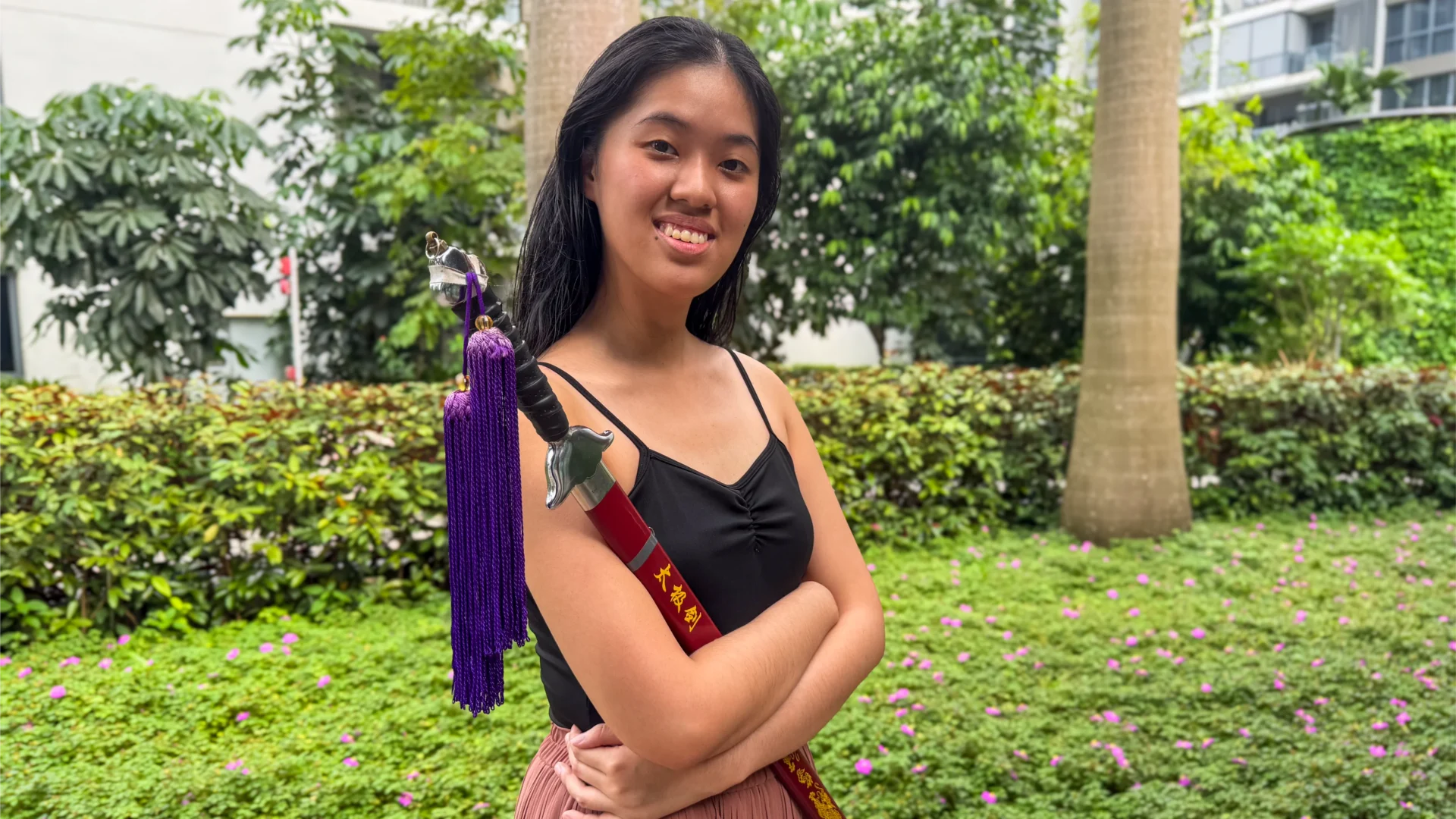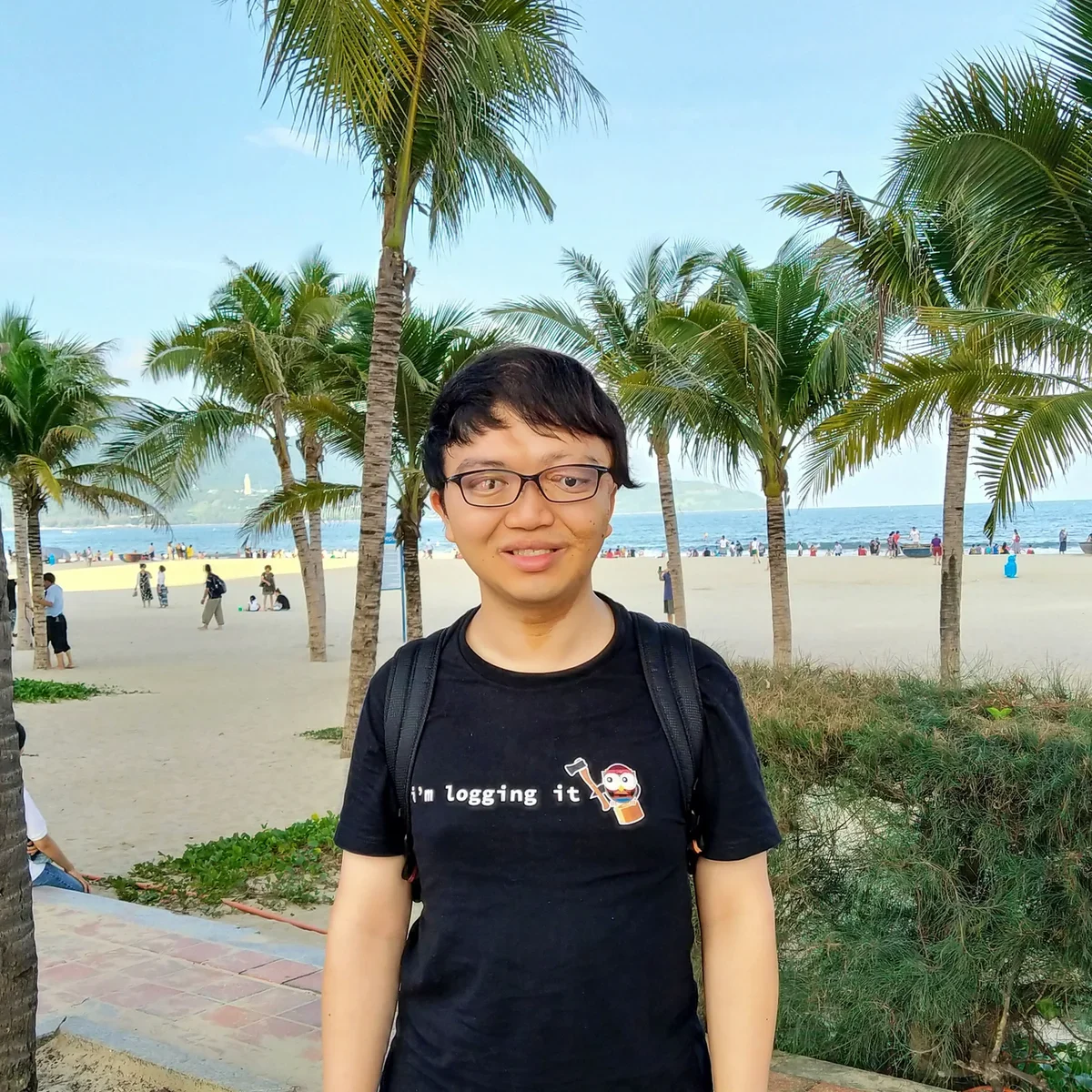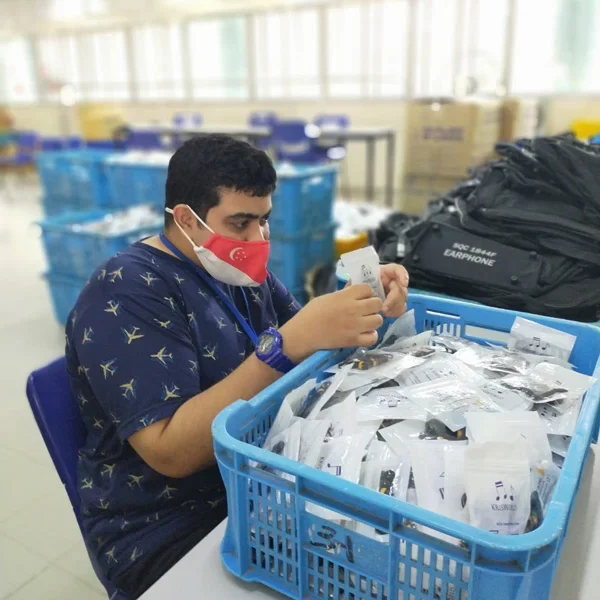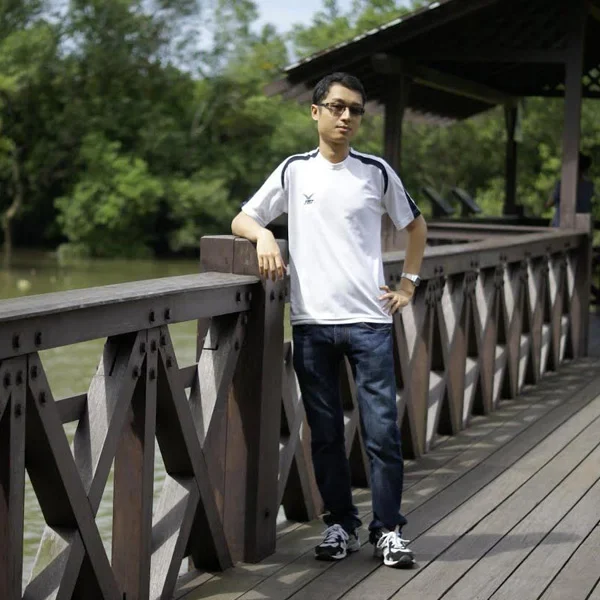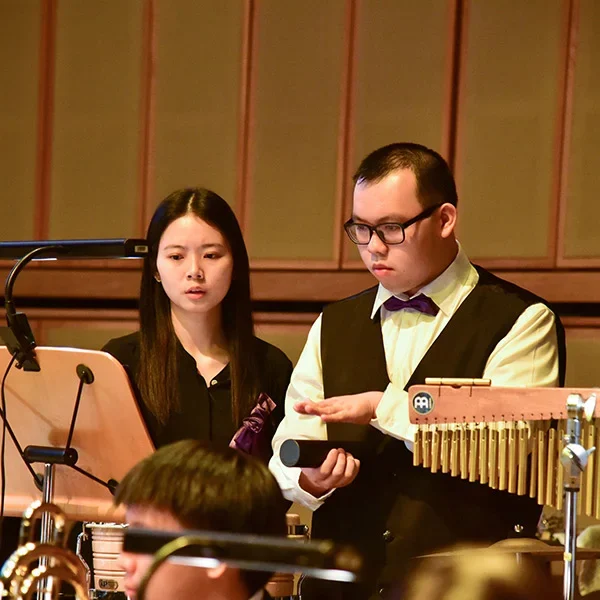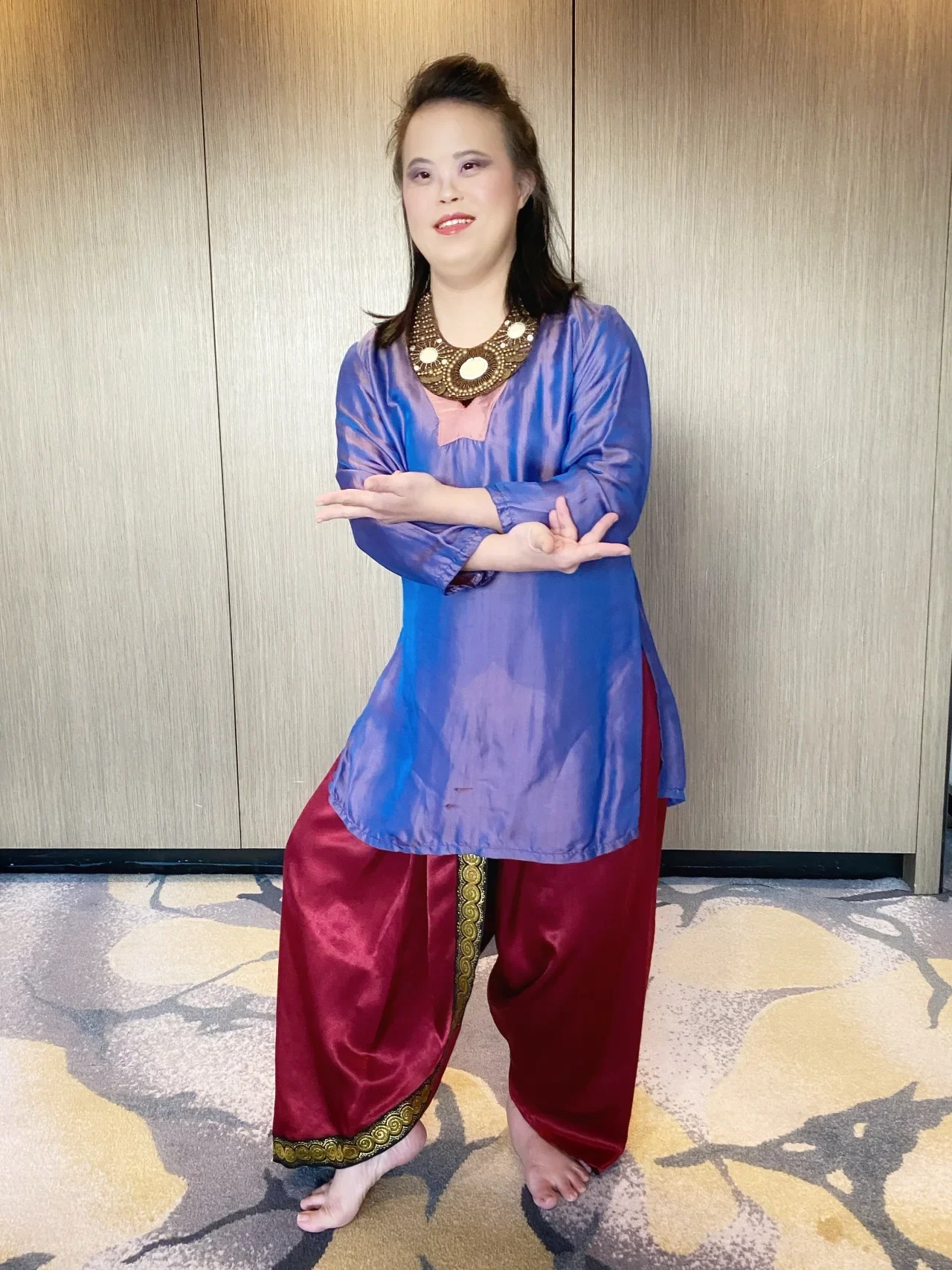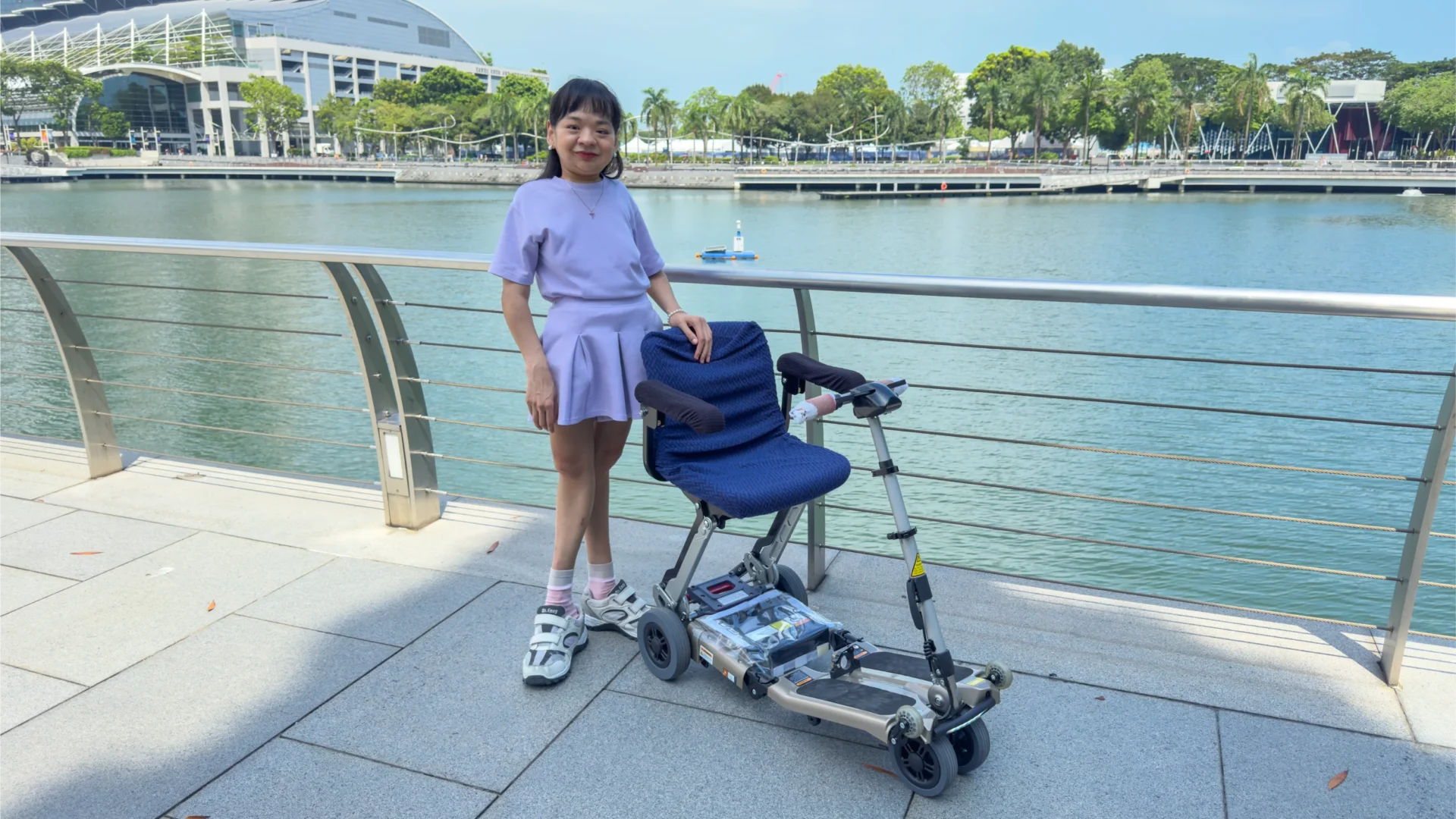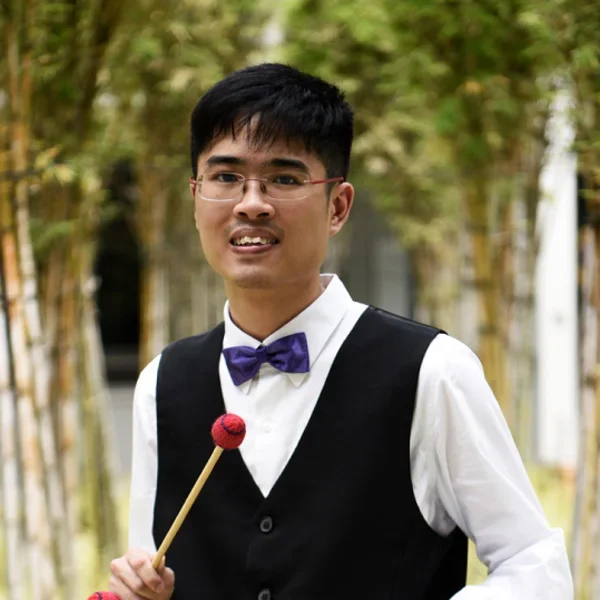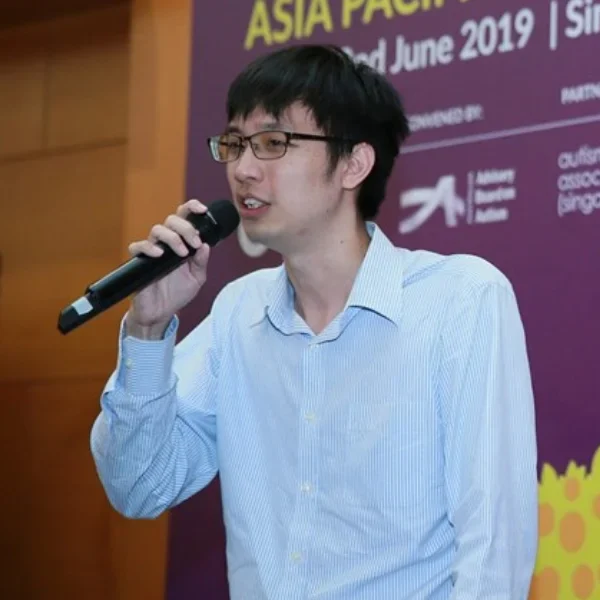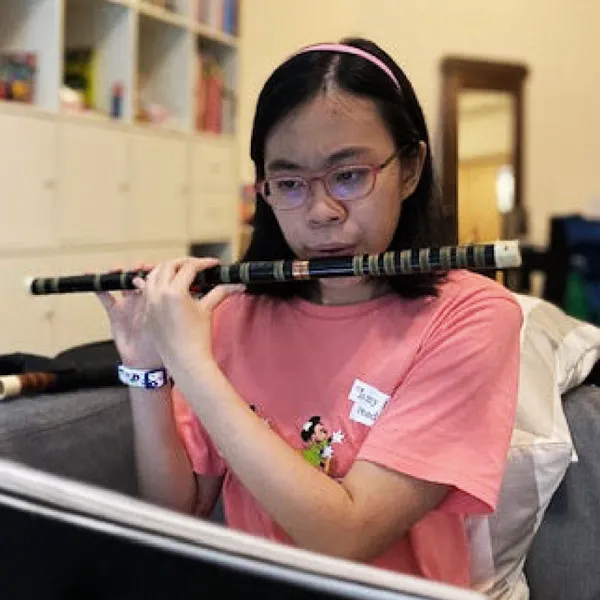Maximillian Tan
Max listens to K-Pop, loves horses and works in human resources for a multinational corporation in the commercial real estate services industry. It would all seem quite ordinary, except that Max is far from typical. Like all national athletes, he needs to plan his time so that he can attend to his training. Max has also represented Singapore in multiple international competitions.
Max, who has cerebral palsy, is a para-equestrian who most recently competed in the Tokyo 2020 Paralympics, as well as two previous Games – London 2012 and Rio 2016. In his most recent competition, Max was not able to train and also encountered road blocks sourcing for a younger, suitable horse due to the pandemic, and hence had to bring his previous horse, Dreamy, out of retirement to compete. In person, Max is clearly optimistic and driven – not at all limited by his disability. For that, he credits his secondary school principal and various friends and peers from when he was young.
Max started riding at the Riding for the Disabled Association (RDA) at the age of seven as a form of physiotherapy. There was an incident once when he had fallen off his horse. As his instructor walked over, Max was sprawled and half buried in the sandy riding arena, expecting her to ask if he was okay. Instead, she did a quick check on him and told him to get right back on his horse. He said that the moment was life-changing. “That was my early introduction to one of my many lessons in life, which is: When you fall, get back up and try again. You fail if you don’t get back up,” he said. When Max enrolled in Sengkang Secondary School, he expected to be exempted from certain physical activities. Again, his expectations went unmet as the principal at that time, Mdm Ng, had instructed for Max to be treated like any other student in the school. Max would only be excused from tasks if there were concerns regarding his safety. “I even participate in the school cross-country at MacRitchie Reservoir over undulating terrain. I also helped to organise a sports immersion programme for my school mates to experience para sports,” he said. Consequently, Max may have entered school sitting in a wheelchair but left four years later on his feet – with the help of crutches. “It was the best four years of my growing up time. I was treated like everyone and it did wonders to my dignity, self-respect and a big boost to the ‘can do’ attitude,” he beams.

